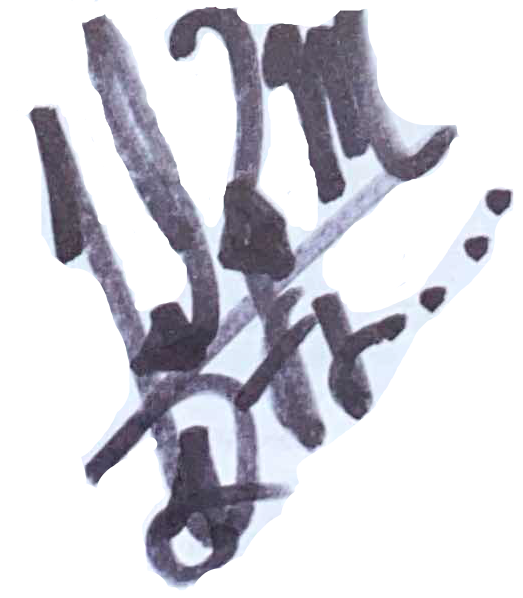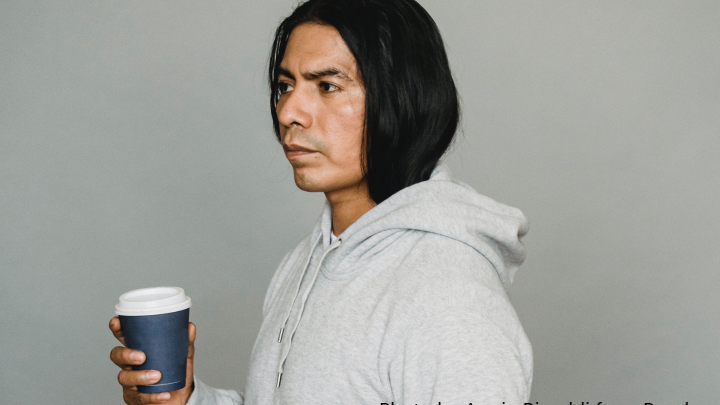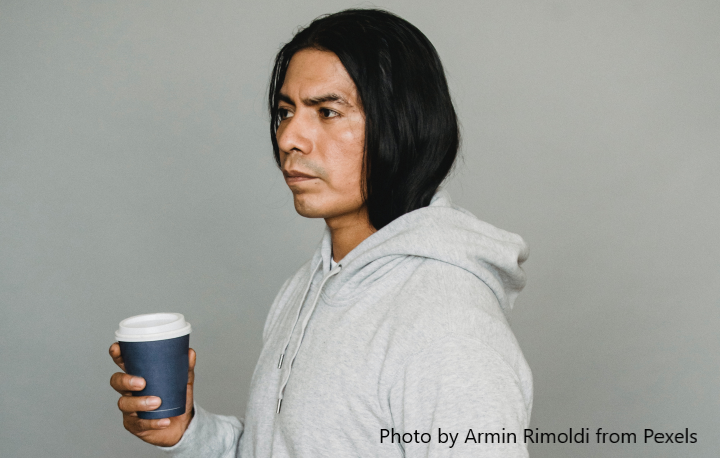November is the Native American Heritage Month, which is an excellent opportunity to expand our theological and spiritual imagination by intentionally learning from Native American voices. Previously, I have shared how Richard Twiss influenced my life and ministry with his unapologetic way to argue that Native American spirituality has a lot to offer to theology and spirituality, and it has the potential to bring renewal to the Church at large. I am a believer that when we keep ourselves in spaces with people who look, think, worship, and understand God just like ourselves, we are missing a significant aspect of who God is and what the Christian life is about.
Eduardo Duran is another voice I was introduced to recently, by my wife Alma. Duran is the author of Healing the Soul Wound, in which he talks about the generational effects of collective trauma, and how as we seek to heal our own wounded soul, we also gain the capacity to help others to heal their own wounded souls.
As United Methodists, and through the work of Global Ministries, we have started a process of remembering and repairing the damage made to Native Americans through “Indian Boarding Schools.” This is a painful story, but one way to show our gratitude for our Native American sisters and brothers is through learning about this painful history, by joining the voices who are seeking not only healing and reconciliation, but some form of reparations through “including measure to increase the role and visibility of Indigenous persons and communities, and promote equity and justice for Native Americans in both church and society.”
As “Thanksgiving Day” approaches, may we take the opportunity to show our gratitude to our Native American sisters and brothers by learning more about the oppression they have experienced throughout the years, but more significantly, may we learn from the many ways in which they can contribute to expand our view and understanding of God and the world at large. Another way to show our gratitude is by supporting the Advance #791001, which supports 13 Native American congregations for programming, evangelism, and leadership.
I would like to end with a poem by Jocabed Solano, an Indigenous woman from Panama.
Voice of the Indigenous Woman
Voice of the Indigenous woman heard in the rivers, lakes, seas, and forests.
Voice of the Indigenous woman that cries out together with Mother Earth. In defense of her body, the body of Mother Earth.
Voice of the Indigenous woman that bleeds together with the pains of the Land of Nabgwana (Heart of Mother and Father).
Voice of the Indigenous woman that sings with sister bird and her song teaches us the wisdom of her ancestors.
Voice of the Indigenous woman that dances together with the fire and the fire gives her energy to fight.
Voice of the Indigenous woman who in the whispering of the wind sends messages of the struggle for the Earth.
Voice of the Indigenous woman that sings to Mother Earth.
Voices of Indigenous women singing to the Ruah and from her they receive the grace to resist in order to live well in the community.
Voice of the Indigenous woman who dances, sings, whose voice of struggle shakes Abya Yala.
Voice, voices of Indigenous women that unite with water, wind, land, fire.
They join together with Mother Earth waiting for this new dawn of liberation for all Indigenous women of the world. Voices of Indigenous women singing with the Creator of their hope for all Abya Yala.

If you would like to view past editions of Time with Ismael,
follow this link: https://heritagedistrictnc.org/category/from-the-ds/


